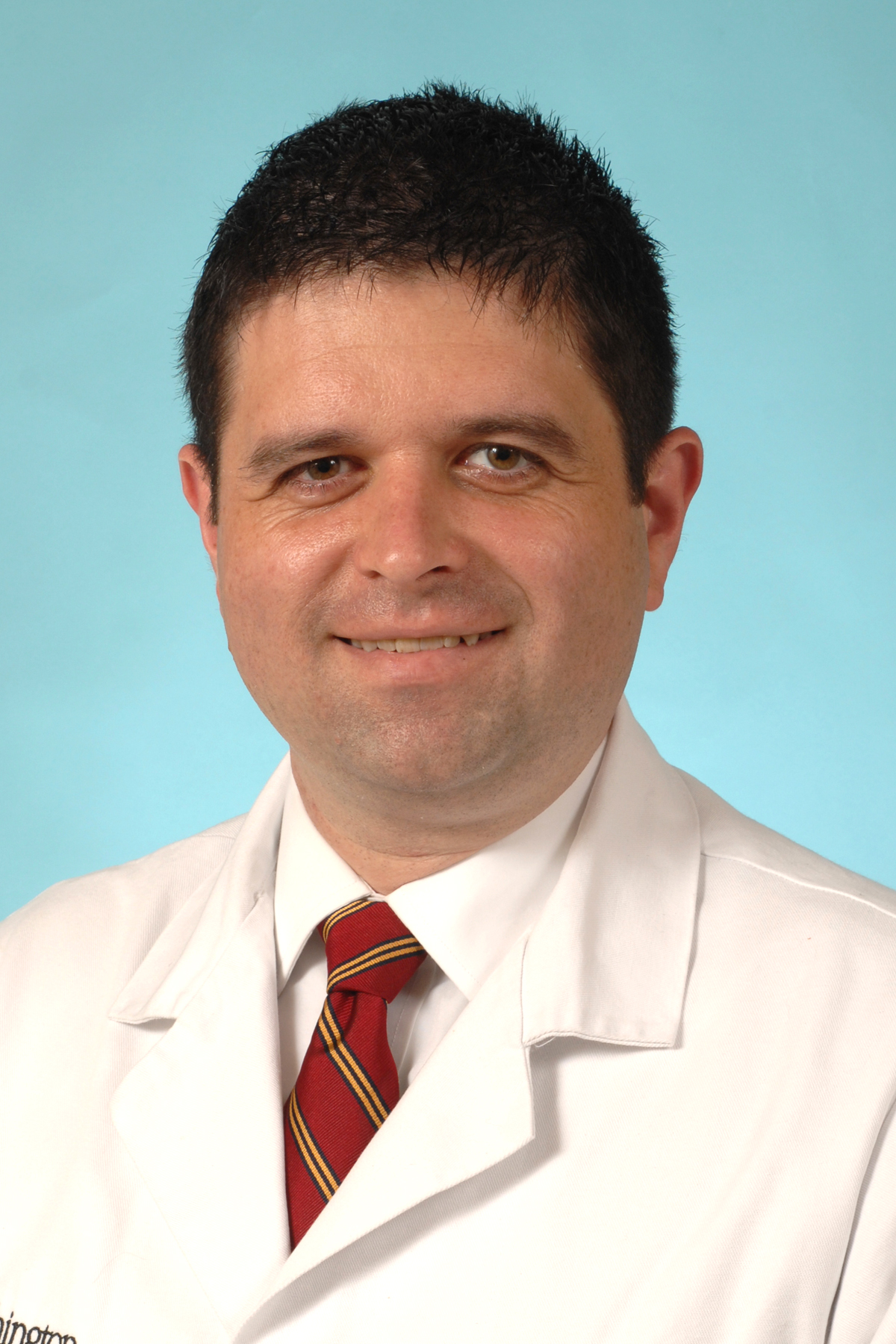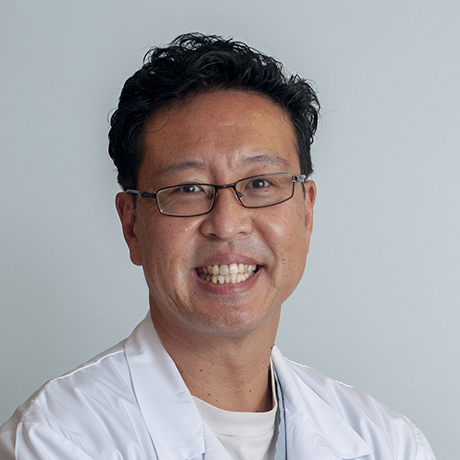The FDA granted accelerated approval to a cell therapy for synovial sarcoma, a rare type of cancer typically found in the tissue of the arms and legs. Developed by Adaptimmune Therapeutics, it’s the first cell therapy based on T cell receptors and the second cell therapy for a solid tumor cancer to win approval in the US.
The therapy, known as afami-cel, is meant for a subgroup of synovial sarcoma patients whose cancer has spread through their body or can’t be removed via surgery, and who have already received chemotherapy. Adaptimmune plans to market afami-cel as Tecelra.
Adaptimmune did not immediately disclose the list price for Tecelra, but CEO Adrian Rawcliffe told Endpoints News ahead of Thursday’s approval that the company plans to price the therapy in the “rare oncology, CAR-T range.” CAR-T therapies can carry a list price of around $500,000 per patient on the high end.
To receive the personalized therapy, patients must be tested for certain tumor and cell markers. The company expects that roughly 400 patients per year will be eligible for the treatment.
 Brian Van Tine
Brian Van Tine“It’s this revolutionary solid tumor therapy,” said Washington University in St. Louis sarcoma specialist Brian Van Tine. “You’re not constantly giving patients therapy to maintain them when they have metastatic disease.”
“You can buy just a year or two, or sometimes more time, with doing nothing, and they treat themselves,” said Van Tine, who was an investigator on the clinical trial.
Adaptimmune expects to start with just a handful of centers in the US that can administer Tecelra, but hopes to eventually expand to 30 centers across the country, Rawcliffe said.
In the Phase 2 clinical trial that helped Tecelra win accelerated approval, 39% of patients with synovial sarcoma saw their tumors shrink at least 30% after receiving the therapy. Adaptimmune needs additional results from a confirmatory study to convert the accelerated approval into a full one.
The cell therapy comes with a boxed warning for cytokine release syndrome, a serious immune system overreaction that results from treatment with immunotherapies. In the clinical trial, 71% of patients experienced cytokine release syndrome.
Testing for eligibility
The therapy is engineered from a patient’s own cells to express T cell receptors against a fragment of a protein called MAGE-A4, which is found in a range of tumors. According to Adaptimmune, about 80% of synovial sarcomas express MAGE-A4. The therapy also requires patients to have a specific cell marker called HLA-A*02 as well.
As a result, patients have to be tested for both MAGE-A4 and their HLA type to be eligible for Tecelra. HLA testing is commonly used for transplants to ensure key proteins that help the immune system determine what’s foreign match between donor and recipient. MAGE-A4 testing, on the other hand, is less prevalent, but sarcoma doctors said that they believe that will change with this approval among synovial sarcoma patients.
 Edwin Choy
Edwin Choy“I envision MAGE-A4 being tested right away as part of the initial diagnosis that this is synovial sarcoma,” said Edwin Choy, director of the Sarcoma Oncology Program at Massachusetts General Hospital and an investigator on the pivotal clinical study.
Once deemed eligible, patients’ cells are collected and sent to Adaptimmune’s manufacturing facility at the Philadelphia Navy Yard, where they are then engineered to target MAGE-A4. The process takes approximately one month, and then the cells are sent back and infused back into the patient, who must receive chemotherapy a few days beforehand.
Currently, synovial sarcoma patients are typically treated with two chemotherapies if their cancers have spread. One of those chemotherapies, ifosfamide, comes with substantial toxicities.
It’s been a momentous year for solid tumor cell therapies, which have posed more challenges compared to the blood cancer CAR-T cell therapies. In February, Iovance won approval for its tumor-infiltrating lymphocyte cell therapy Amtagvi in advanced melanoma.
Adaptimmune is also developing a second synovial sarcoma cell therapy called lete-cel.
Choy said he hopes that similar therapies will be developed for patients with other HLA subtypes and include a more diverse population. He noted that the specific HLA type for Tecelra is more common among the Caucasian population.
“At the end of the day, we’re talking about a drug that is commercially more accessible to the Caucasian population than the non-Caucasian population because of the HLA-A*02 subtype that we need for eligibility,” he said. “That’s often overlooked in how these products are designed or marketed, and I think that there is a role to talk about equity and diversity when a drug like this is coming out.”